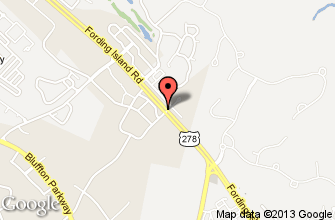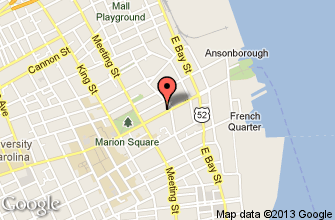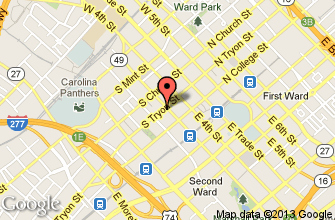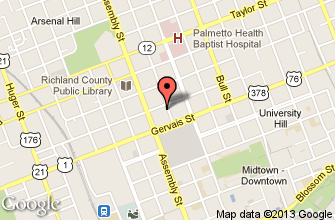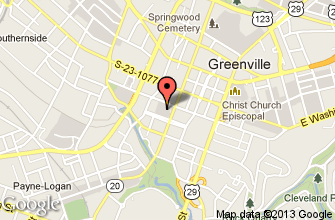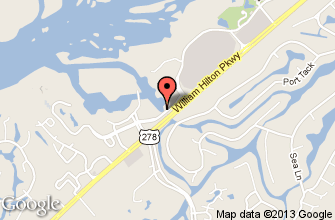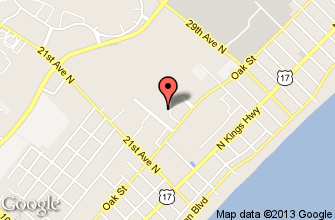News Room
PrintDisaster Recovery: A Resource for Property OwnersAuthored by: Alicia E. Thompson
September
18, 2018
Alicia Thompson is a shareholder of McNair Law Firm, and her practice is focused on community association governance and litigation matters. She knows firsthand how to recover from a disaster related situation, in that she is a survivor of Hurricane Katrina and Myrtle Beach’s largest tornado strike to date.
Hurricane Florence was the first major hurricane of the 2018 Atlantic hurricane season and inflicted considerable damage around the border of North Carolina and South Carolina. As property owners look toward recovery from natural disasters, they need a plan of action for assessing damage, communicating with the right entities, and making claims to recover all funds available. The following checklist will better position our clients to be made whole after a casualty occurs, and McNair attorneys are here to walk you through the legal procedures required to restore your property.
Recovery Checklist:
1. Engage. Retain counsel immediately to assist you in the recovery process and to ensure that you are documenting damage, submitting claims, and preserving all rights to available funds.
2. Contact Help. Consider contacting the entities below to provide notice of damage and to elicit help in recovery. If you’re a business, consider delegating communication to trusted employees to expedite the process.
· Emergency Response Agencies and Non-Profits (ex. Fire Department, Red Cross)
· Building Management
· Homeowners Association
· Emergency Response/Management Agencies (ex. FEMA)
· Utility Companies
· Service Providers (Attorneys, Bankers, Vendors to Repair)
· Insurance Agency
· Post Office
3. Insure. Review your insurance policies, and provide notice to all carriers as soon as practically possible.
4. Assess. Photograph and videotape all damage as support for any claim filed. Document the damage to the premises with a list of all items/systems affected. Do not throw away any items, as the adjusters may need to evaluate any damage caused. Retain all proof of expenses in connection with the disaster, including receipts of rent/hotel, food, gas, and repair to damage.
5. Secure. Secure your home and building to avoid any further loss by turning off gas, water and electricity, tarp damaged roofs, and install a temporary barrier around the property to warn individuals not to enter unless authorized. Empty your fridge of any food to avoid spoliation of appliances and mold growth. Board up windows and doors to prevent vandalism and looting. Meet your financial obligations in connection with the property, including mortgage and insurance payments.
6. Recover. Remove undamaged personal property or office equipment. Secure any electronic data by backing up to a cloud provider or offsite servers.
7. Mitigate. After claims have been filed, work with adjusters, attorneys, and vendors to secure repairs to your property. Enter into written agreements to ensure that they are enforceable and to protect your property from unnecessary liens in the event of a contractor dispute.
We are here to help.
McNair Law Firm can assist you in the planning and recovery stage of any natural disaster. Our attorneys know the ins and outs of interpreting homeowners association covenants and insurance policies to best determine who is financially responsible for the damage incurred. McNair attorneys are also well equipped to assist with retaining contractors to complete repairs and handling any transactional matters that are involved with the restoration process. In the event a dispute arises with any third-parties regarding contractual or insurance matters, our litigation attorneys are well positioned to assist.
